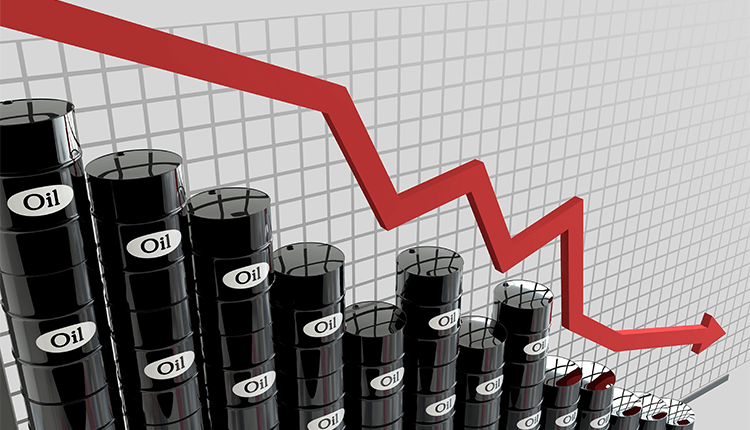
Crude Oil Prices Continue to Fall Amid Coronavirus Crisis
International agencies reported that the price of oil continued to decline yesterday. Reports inform that the value of Brent crude – oil that is extracted from the North Sea and sets the benchmark in European markets – fell 6.1 percent for May delivery and stood at the US $ 31.9 per barrel. Meanwhile, WTI crude oil futures – for US crude oil – for April delivery lost 5.2 percent to $ 30.15 a barrel.

The collapse in prices came amid the health emergency caused by the coronavirus. And after the response of Saudi Arabia to the failure of the pact of the nations that make up the Organization of Petroleum Exporting Countries (OPEC) to reduce the production of this non-renewable resource.
The Deal That Failed
Last Thursday, OPEC proposed an agreement to the members of the OPEC+ to cut oil production by 1.5 million barrels per day. It was the response to the reduction in the demand for hydrocarbons due to the coronavirus epidemic.
According to international agencies, the parties failed to reach an agreement. Therefore, as of April 1, all obligations of the parties to the agreement to limit fuel production will be canceled.
China, one of the leading oil importers, is still fighting the coronavirus outbreak.
In response to the failure of the pact, Saudi Arabia cut its official prices in the most drastic way on record in at least 20 years. Furthermore, the state communicated to its buyers that it would increase its crude production by up to two million barrels per day.
The move by Riyadh – the capital of the country and the main business center of Saudi Arabia – generated a dramatic drop in oil prices. This lead to the collapse of financial markets worldwide.
- Check-out Financebrokerage’s comprehensive review on IQ Option
It’s difficult to coordinate
After the bankruptcy of Lehman Brothers, the United States coordinated with its allies. The crisis brought about the birth of the G20, which integrated the leading emerging powers. The global political landscape has changed. The United States launched the G7. The group of seven consists of seven advanced economies in the world. It includes France, Canada, Germany, Italy, Japan, the United States, and the United Kingdom. The international intergovernmental economic organization began trade wars. The G20, by Saudi Arabia, has just blown up the global regulation of oil prices. Ludovic Subran, a chief economist at Allianz SE, says that what’s happening now is fragmentation that occurred before the shock. It isn’t very easy to sit at the negotiating table.
-
Support
-
Platform
-
Spread
-
Trading Instrument




